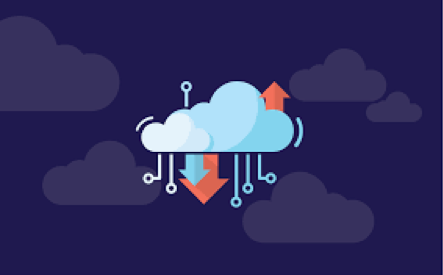WS, Azure, Adobe. Cloud computing.
If you are a small business owner, it’s likely you’ve heard of cloud computing and how it’s changing business very often. The news and clickbait buzzwords sound flashy, but it’s important to actually assess if cloud computing is beneficial for your business currently. It’s important to first understand what cloud computing can do for businesses. Cloud computing is a vague term to apply to your business but it generally entails software services that can help with a specific aspect of your business.

There are software solutions for invoicing, contracts, taxes, sales, marketing and almost nearly every aspect of your business. Instead of a high cost to hire a local expert, cloud solutions are usually a cheaper monthly alternative. For example, Freshbooks offers a cloud package solution that helps businesses monitor invoices, bookkeeping, contracts, etc. for $10/month.
It is likely there is some cloud solution that can greatly impact your business depending on your pain points. Once your business starts using a cloud solution, you’ll explore other cloud solutions and this will help your business run more efficiently.
What cloud services do small businesses use?
Small businesses use cloud services in a variety of ways depending on the type of business they operate. The majority of small businesses who use cloud services use it for:
Data Backup and Storage:
Most small businesses recognize data storage and backup are essential to running their businesses. The cloud serves as a cost-effective tool for businesses to easily and efficiently back up their data. Cloud services are much more efficient than prior data storage and backup tools because it backs up data often and has more bandwidth to store business data at a cheaper cost.
Scaling and Flexibility:
Using cloud services is one of the best methods to cost-effectively scale your business. Keeping operational costs low is one of the most important parts of running a profitable small business. Most cloud offerings are a pay as you go subscription model and when demand increases, the cloud provider can adjust your plan to fit your needs. This payment model is much more flexible and beneficial for small businesses in contrast to cumbersome annual contracts.
Analytics:
Cloud services allow small businesses to view key operational data and see which areas they can improve to drive revenue and reduce costs. For example, accounting cloud solutions allow small businesses to view their finances in detail and business owners can see the specific spending that is occurring in their business. This can improve taxes, inventory management and other key aspects of the business.

